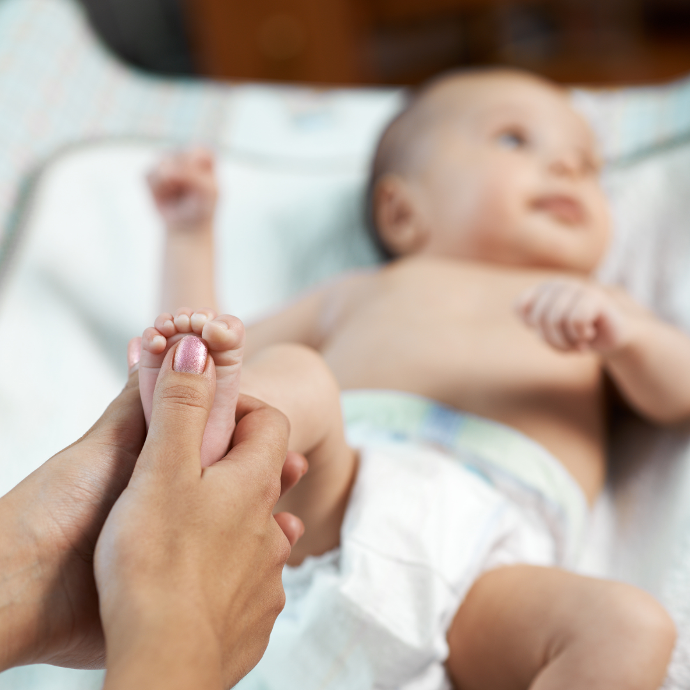Understanding Neurodevelopment & Primitive Reflexes - Module 1
Introducing Atlas's First-Ever Pediatrics Training!

Eligibility
Physiotherapists, osteopaths, and chiropractors.
Prerequisites
Experience in physical therapy with infants.
Course Objective
Today's therapist has the opportunity to acquire high levels of knowledge and therapeutic skills depending on the diverse clientele they encounter. But what about pediatrics and neurodevelopment? Is it possible that this crucially important stage is not sufficiently understood and supported? What if supporting neurodevelopment could make a big difference in how the body presents and moves later? And if it were possible to have a positive impact on building a child's neurological foundations? This is what I want to share with you. Understand that it can be simple to support the development of a neurotypical baby and that the physical therapist has a key role within families due to their extensive awareness of neurological function. But to get there, it means we need to go back to basics, that is, movement, and address a concept often forgotten: emotional security.
This one-day course focused on a global approach to babies offers you the opportunity to familiarize yourself with or deepen your knowledge of neurodevelopment. Thus, you will understand that the way in which the baby integrates their body and their first movements, the primitive reflexes, has significant repercussions on the development of their future motor skills.
The course is inspired by various neurodevelopmental techniques and several years of observation, such as the integration of primitive reflexes and the EME approach (Enfant Mode d'Emploi).
General objectives
This training aims to raise awareness of neurodevelopment in babies in its entirety, including the motor sphere, but also the emotional sphere.
It aims to integrate into the therapist the factors that optimize infant development. It allows you to know and explore several natural movements or primitive reflexes of the infant (0-3 months).
The participant will seek practical tools for the development of therapeutic "know-how" and "interpersonal skills."
Specific Objectives
Understand the basics of neurodevelopment.
Explain the impact of the physical and emotional environment on neurodevelopment.
Name the role of primitive reflexes.
Learn the optimal motor patterns of infants by learning about the first primitive reflexes, namely the Moro, Tonic Labyrinthine, Palmomental, and Abdominal reflexes.
Master the integration of the Moro reflex in the baby to facilitate balanced body development.
Understand and be able to support an infant and their family who live with an easily activated Fear Paralysis reflex.
Learn about the concept of emotional security that can help with the integration of the baby's body.
- Identify signs of insecurity and inadequate maturation in the infant.
Acquire, in a practical setting, tools that promote the maturation of the nervous system, but also collaboration in therapy.
Know how to assess and support the infant's breathing in order to prevent dysfunction at this level.
Discuss the importance of assessing and supporting the infant's gaze.
Know how to recognize the primitive reflexes to support behind problems specific to infants such as gastroesophageal reflux, extensor hypertonia, hypervigilance and intense crying, as well as sucking problems.
Solve clinical case histories using the concepts taught.
Yoga mat, doll
This training is offered in French.
7.5 hours of continuing education

